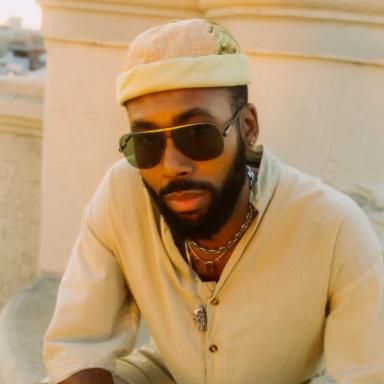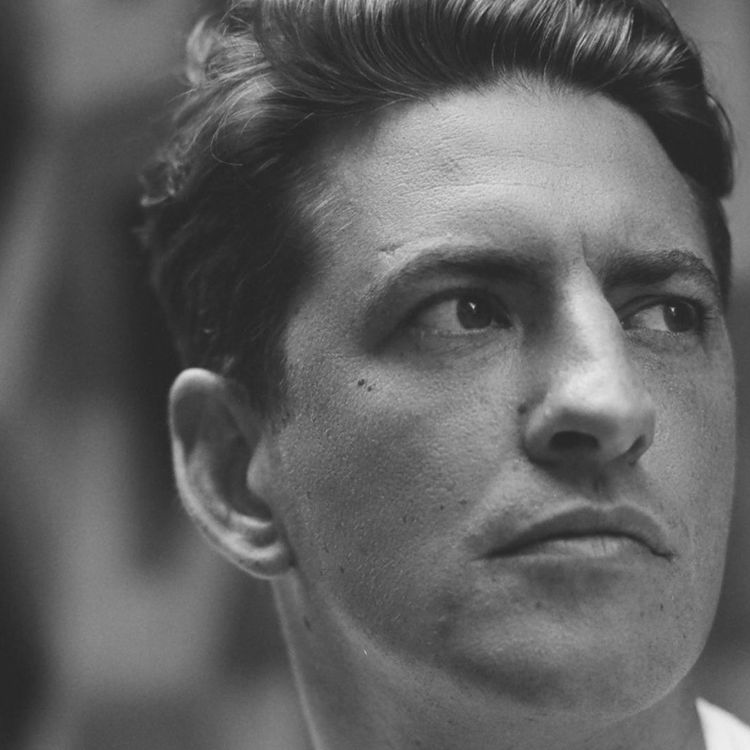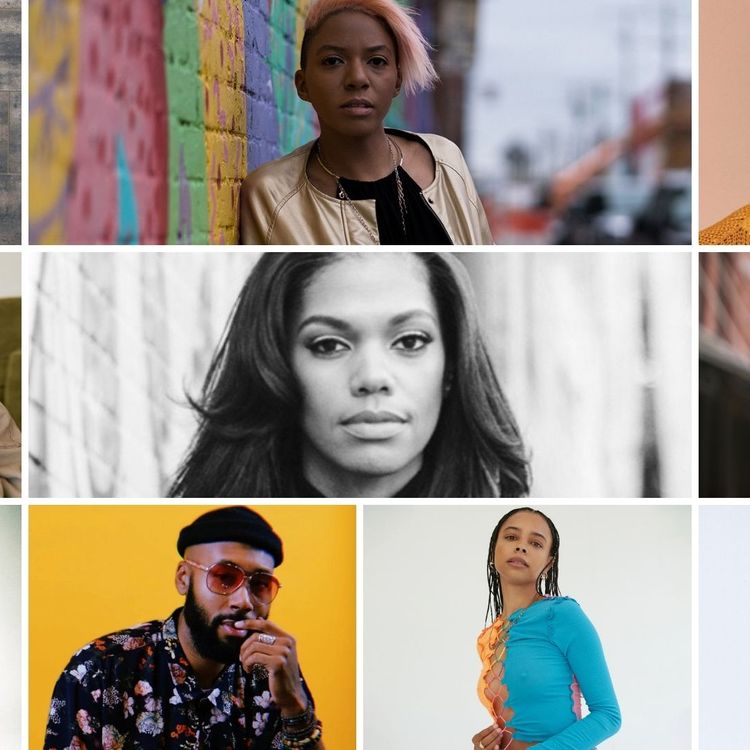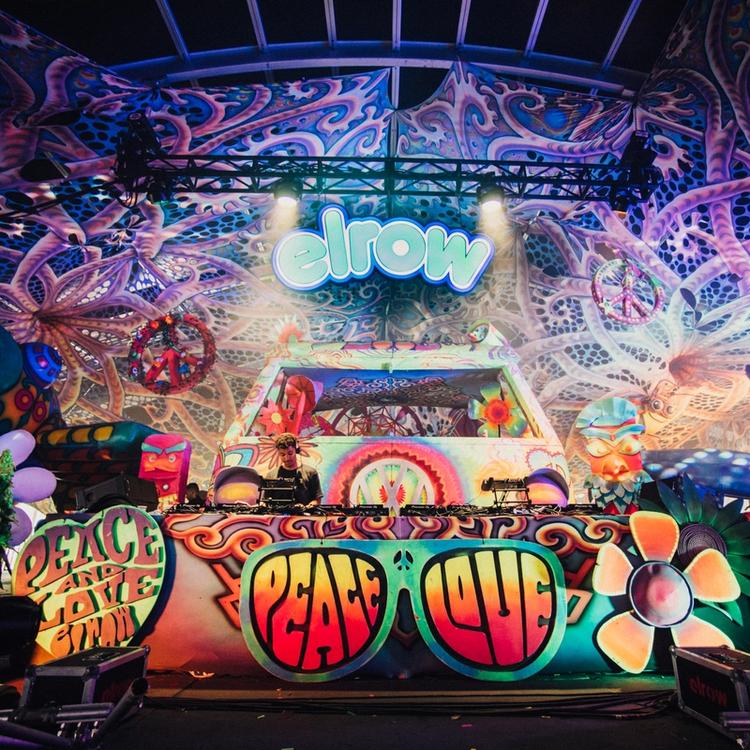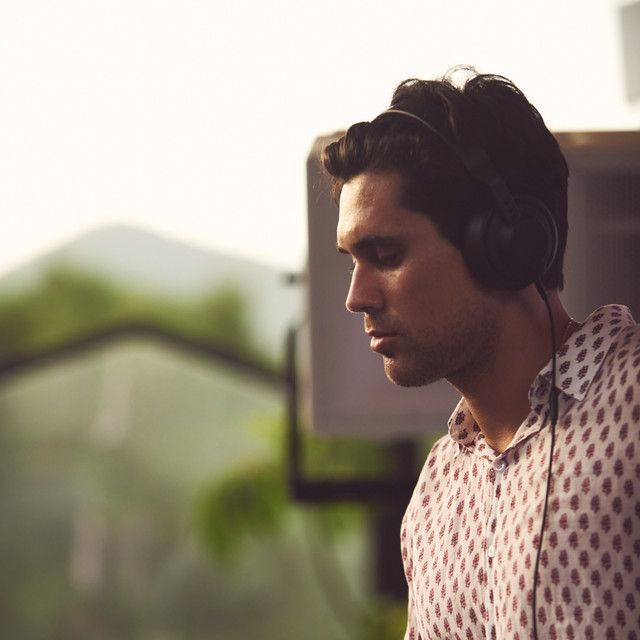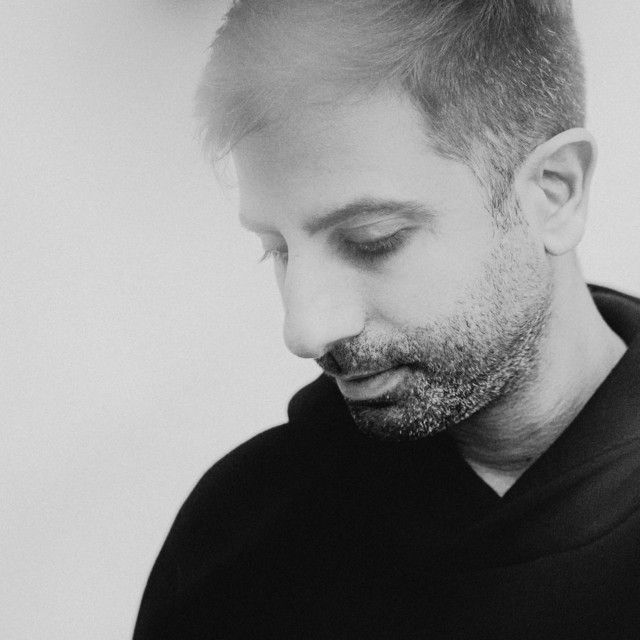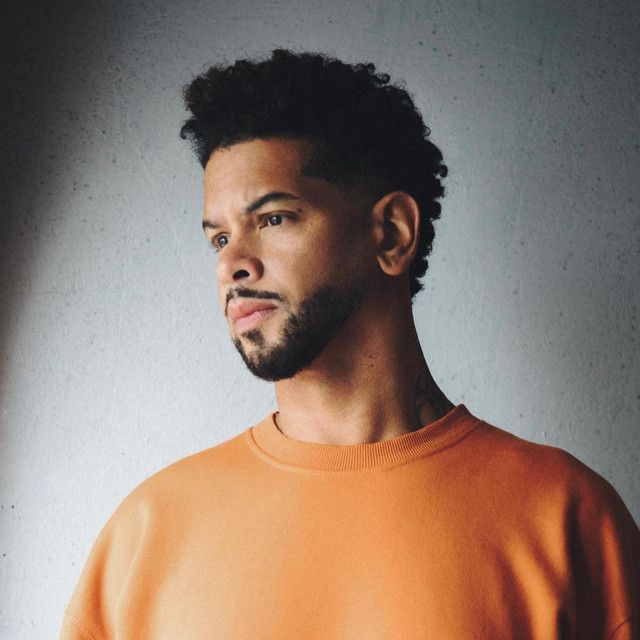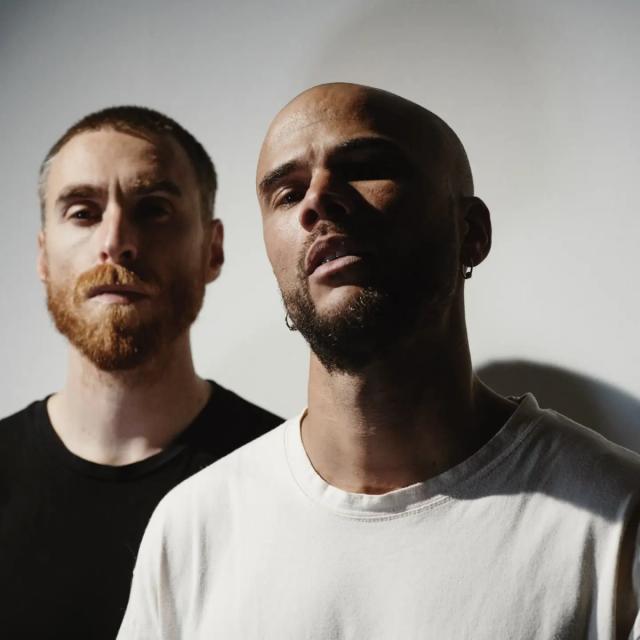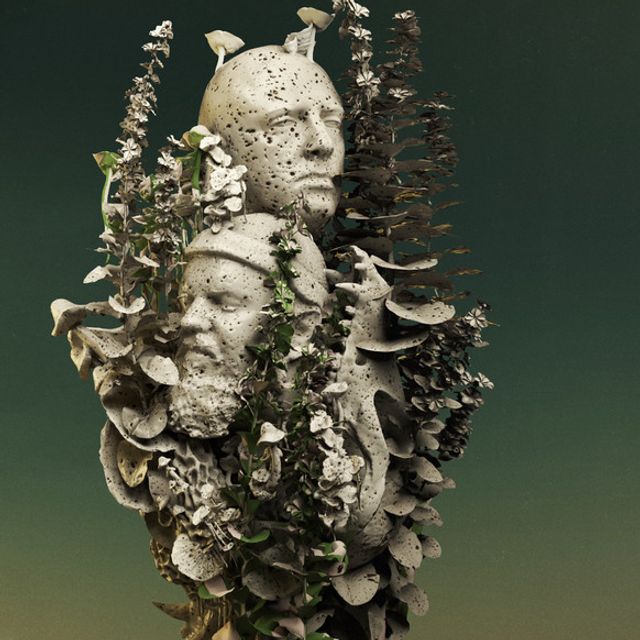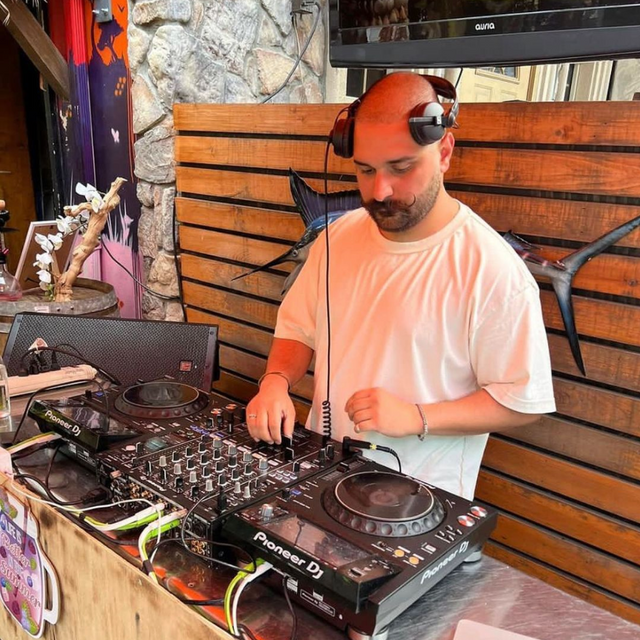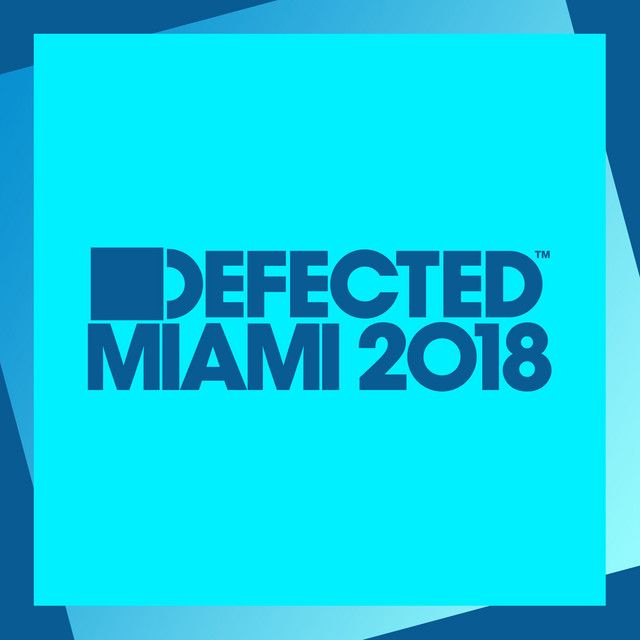Artist Spotlight
Music has always moved Baltimore-born multi-hyphenate Life On Planets—aka Phil Celeste. His smooth, soulful house sways and sings with the sounds of a lifetime of musical influences that range from jazz and the blues to pop-punk and hip hop. When he opens his mouth to sing, his buttery voice is slick with the memory of a youngster singing to James Brown in his grandmother's living room. His silky clustered chords are thick with his father's jazz and funk influences. And his pensive, poetic lyrics are awash with his gentle, reflective spirit. His music is at once meditative and moving, thoughtful and exciting. Since his debut single "Apollo" in 2014, he's pushed a sound that fuses his indie sensibilities with an innate rhythmic sensibility. His releases on Wolf + Lamb, Dirtybird, and Kitsuné have earned the raconteur tens of millions of streams and performances of his hybrid live and DJ sets in far-flung festivals and lauded clubs. Growing up in Baltimore, he had a brilliant patchwork of musical influences to draw from. He fondly remembers listening to old funk cassettes at his grandmother's house and dancing his heart out with his cousins to Destiny's Child. His father—one of his fiercest musical influences— exposed him to jazz titans like Benny Goodman and John Coltrane. READ THIS NEXT: Lubelski's 'Happy Accidents' LP Explores Improvisation and Modular Synthesis "My dad was also a DJ. So he had his mixes of P. Funk [and] Steve Arrington, all kinds of stuff. He would have sped up versions and different mixes… that really inspired me and helped me find my way when it came to what I wanted to dig for and what I wanted out of music." He picked up the clarinet and sax early in life, and in high school, discovered a love for singing in high school in an unexpected way. "I would always ride the bus and hang out with kids that were listening to pop punk. I had a homeboy, one of my best friends who played guitar in some emo bands." That friend introduced him to bands like Fall Out Boy, Blood Brothers, and Panic At The Disco. He remembers singing in the same intense falsetto as their lead singers. "My mom would come downstairs at one or two in the morning and be like, 'What the hell are you singing? What are you listening to?'" Around the same time, he was gifted a guitar by his high school sweetheart's sister. At first, it seemed like a prop; he wasn't sure what to do with it. But the more he spent time with it, the more it inspired him to experiment with new forms of expression. "That summer, I just started playing the guitar and riffing. I was like, I want to tell some stories with this music. And so I started writing a concept album." And that's when his confessional and surreal lyrical style began to develop. "I'm thinking about this dream I had where there is this girl who would sing. And when she sang, it was like gravity disappeared. And so, I was trying to put that dream into these lyrics. And, I guess that was my first song." Drawing inspiration from the subconscious world has become part of his process. It's a way to process and recontextualize past experiences. Become a Gray Area member for access to exclusive perks! "There's a concept called recapitulation, where you take an old memory—because we tend to have a lot of stuff that's stuck in these old rivalries, whether it's fear or embarrassment, or love lost, and you're still pining over it," he explains. "And so I was like, Oh, maybe I can use this concept and put it into lyrics and review everything that went into the relationship, everything that happened, everything that I felt, and tried to get the truth out of it and try to just pull the energy back out of it so I can stop obsessing about it and have it out into the universe, just release." He attended art school in Baltimore and began to immerse himself in the eclectic Baltimore scene; his sonic palette expanded to include the patchwork of underground sounds thumping from lofts and warehouses. "It's always been very eclectic in Baltimore. I remember I saw Abdu Ali before he popped off. I would see Abdu Ali at the same concert [with] a noise guy with all these different little machines. And then another indie rock band and another experimental band. "So you have hip hop, you've got punk, you've got house, you've got BMore club and all this stuff, contained in the same venue. So, I think when it came to making music, I was just like, there shouldn't be any boundary or limit to just sticking to one genre or having one sound that sounds the same as what's come before." Even with the rich tapestry of musical influences he was afforded, he still didn't adequately contextualize dance music. Not until a friend gave him the movie Pump Up The Volume, the 2001 documentary that chronicles the history of house music. He realized that dance music's history was just as storied and complex as jazz, R&B, hip hop, and rock. "I was like, Oh, this is this is black music, you know, this is a black tradition. And, you know, it's obviously become interpreted in many lenses and made its way around the world. But this is important to really keep keep that tradition alive." And so began another period of transition and education for Celeste. "My homie would take me around to famous Baltimore spots, like the Paradox. [He'd] take me to some of like the OG spots, where it's not like, 20 year olds, everybody's like, 40. And dancing, getting down, really dancing. And I was just like, damn, this is everything I wanted in a party, you know, to really dance and express myself." And the more he's experienced dance music around the world as a touring DJ and musician, the more it's solidified what he learned about himself through his early exposure to those OG spots. After traveling the world and creating peak experiences on the dancefloor, understanding the unbridled joy of the non-stop thump of a kick drum, he finds himself coming home to see bands play and wondering, "Why does the music got to stop in between? Just keep the party going, just keep the beat alive." And as he looks forward, he's confident that music can't continue to move people physically and emotionally. "At the end of the day for people who are going through the struggle, you know, we get together, we convene, and we support each other. And music can be therapy. There's been moments on the decks where we just see people in tears just having a beautiful moment or a beautiful revelation. I've been in other cities, and I don't speak the language but we're dancing together and were just happy, [we] just let it out."
Overview
Life On Planets, whose real name is Phill Celeste, is a rising name in the house music scene. Originating from the underground vibes of Baltimore, Phill started producing tracks in local warehouses before making a significant splash in the wider music world.
His music journey is intricately tied with some notable record labels. Wolf + Lamb, Soul Clap, Double Standard, Sub Urban Records, and Crew Love have all played pivotal roles in promoting his unique sound. These affiliations not only gave him a platform but also acted as a testament to the quality of his work.
Phill's music is a rich blend of genres. By fusing r&b, bossa nova, reggae, and house, he has crafted a distinct sound that resonates with a broad audience. His tracks are more than just beats; they're a combination of sultry lyrics with a rhythmic undertone, further accentuated by his passionate guitar skills. This eclecticism has garnered support from various artists, tribes, and dancers, enhancing his reputation in the music community.
Over the years, Life On Planets has showcased his talent at several major venues and festivals. From the vibrant energy of the Caribbean islands to the rhythmic pulses of cities under the night's cover, his performances have spanned a wide range of settings. Notable venues like the Marcy Hotel and Bardot have witnessed Phill's electric energy firsthand, adding to his growing list of career achievements.
Apart from music production and live performances, Phill’s influence is also evident in his advocacy for a fresh awareness and consciousness on the dance floor. This essence reflects not just in his beats, but in the overall vibe he brings to any space he occupies.
